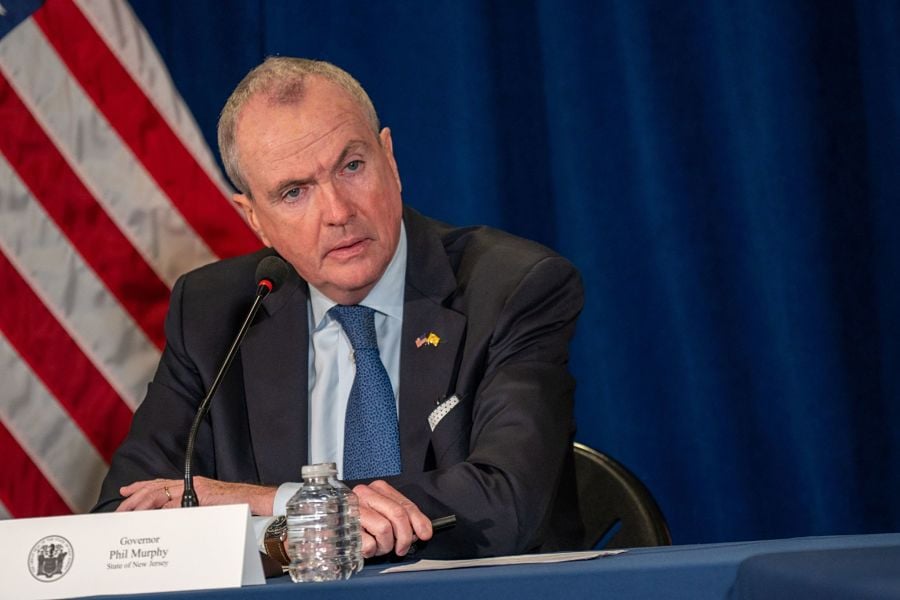

New Jersey Governor Phil Murphy and Democratic legislative leaders have agreed on a budget deal that will raise taxes on about 35,600 millionaires.
The deal will push the tax rate to 10.75%, from 8.97%, for those with incomes above $1 million. It also includes a maximum $500 tax rebate for about 800,000 households, those with at least one child and income below $150,000, Murphy and lawmakers announced today at a press conference.
“We do not hold any grudge at all against those who have been successful in life,” Murphy said. But “now is the time,” with families suffering job losses, to ask for more from high earners, he said.
Murphy, a first-term Democrat, had pitched the higher rate in prior budget years but was blocked by Senate President Steve Sweeney, New Jersey’s highest-ranking state lawmaker.
New Jersey must have a budget in place for the Oct. 1 start of the revised fiscal year, a nine-month cycle. The current fiscal year was lengthened by three months amid uncertainty about how much revenue would be lost because of the coronavirus pandemic. The new spending plan includes $4 billion in borrowing to plug a revenue gap.
In 2018, Murphy enacted the 10.75% rate, the state’s highest, on those with incomes exceeding $5 million. The millionaire’s tax would apply to 16,491 New Jersey residents and 19,128 people living out of state, according to budget documents.

It's a showdown for the ages as wealth managers assess its impact on client portfolios.

CEO Ritik Malhotra is leveraging Savvy Wealth's Fidelity partnership in offers to Commonwealth advisors, alongside “Acquisition Relief Boxes” filled with cookies, brownies, and aspirin.

Fraud losses among Americans 60 and older surged 43 percent in 2024, led by investment schemes involving crypto and social manipulation.

The alternatives giant's new unit, led by a 17-year veteran, will tap into four areas worth an estimated $60 trillion.

"It's like a soap opera," says one senior industry executive.
RIAs face rising regulatory pressure in 2025. Forward-looking firms are responding with embedded technology, not more paperwork.
As inheritances are set to reshape client portfolios and next-gen heirs demand digital-first experiences, firms are retooling their wealth tech stacks and succession models in real time.
